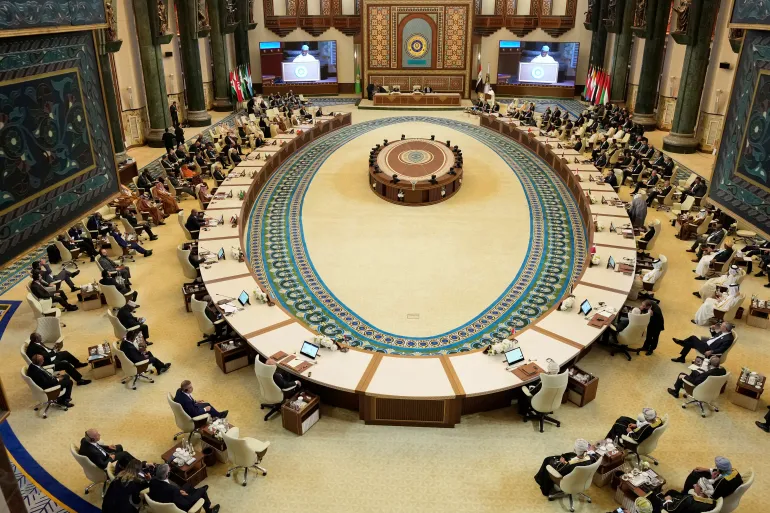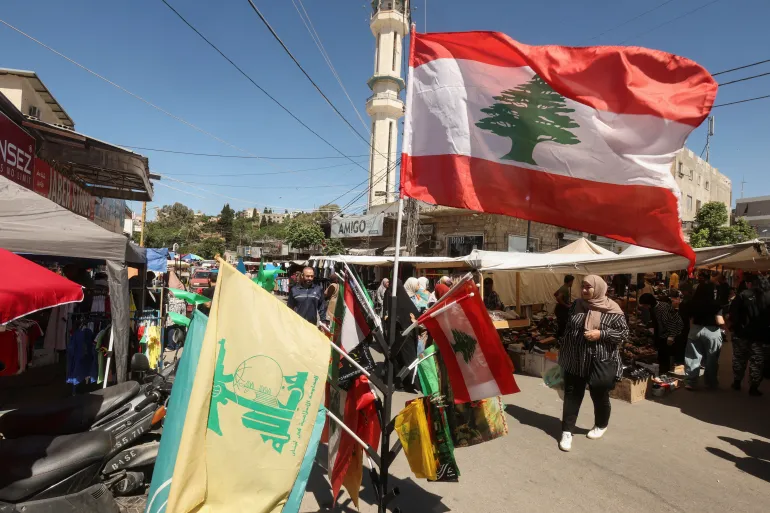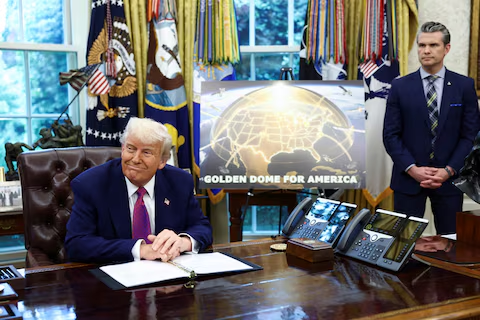The 2025 Arab League Summit opened in Baghdad on Saturday, May 17, with the war-ravaged Gaza Strip dominating the agenda. As Israeli airstrikes intensify and humanitarian conditions worsen, leaders from across the Arab world convened in the Iraqi capital to forge a unified response to what they describe as a deepening catastrophe for the Palestinian people.
The summit marks the first time in over a decade that Baghdad has hosted the influential 22-member bloc. The gathering takes place against a backdrop of international outrage over Israel’s continued military campaign in Gaza, which has resulted in widespread civilian casualties and the collapse of essential infrastructure.
Iraqi Prime Minister Mohammed Shia al-Sudani opened the summit with a firm condemnation of the Israeli assault, calling it a “genocidal war” against Palestinians. He urged Arab leaders to act decisively to pressure global powers into halting the bloodshed. Al-Sudani also emphasized Iraq’s role in supporting Palestinian statehood and rebuilding Gaza through Arab cooperation.
Arab League Secretary-General Ahmed Aboul Gheit echoed these sentiments, warning that the regional body must not remain silent in the face of mounting atrocities. He called for urgent measures to deliver humanitarian aid, open safe corridors, and explore legal avenues to hold Israel accountable for war crimes.
The conflict in Gaza has led to the deaths of over 15,000 people since the beginning of Israel’s latest military operation. Entire neighborhoods have been reduced to rubble, while hospitals and relief agencies report severe shortages of medical supplies, food, and clean water. The United Nations has described the situation as “beyond catastrophic.”
High-ranking officials from Saudi Arabia, Egypt, Jordan, Lebanon, and Algeria are attending the summit, with some nations pushing for a collective Arab fund to finance Gaza’s reconstruction and relief operations. Qatar and the United Arab Emirates are reportedly backing a proposal to send Arab medical teams and aid convoys to Gaza through Egypt’s Rafah border crossing.
While unity is being publicly projected, sources indicate internal disagreements persist over the normalization of ties with Israel. Several states that previously signed the Abraham Accords have faced domestic pressure to reevaluate their diplomatic relations with Tel Aviv in light of the current crisis.
Iran, though not a member of the Arab League, remains a looming presence in regional discussions. Tehran has intensified its rhetoric against Israel and has reportedly increased its support for Palestinian factions, particularly Hamas. Arab leaders are said to be balancing their calls for Palestinian solidarity with efforts to prevent the conflict from triggering a broader regional war.
The summit is also expected to address secondary agenda items, including economic integration, climate resilience in the Middle East, and resolving the political crisis in Lebanon. However, the overwhelming focus remains on Gaza, with nearly all speeches and sessions revolving around the ongoing humanitarian disaster.
In closing remarks expected later today, the Arab League is likely to issue a joint communique demanding an immediate ceasefire, calling for an independent investigation into war crimes, and reiterating support for a two-state solution based on pre-1967 borders.
As the Gaza conflict continues to provoke outrage and grief across the Arab world, the Baghdad summit has become a platform for collective Arab frustration and a call to action in what many leaders now describe as a pivotal moment in the Middle East’s modern history.
Source; Al Jazeera



